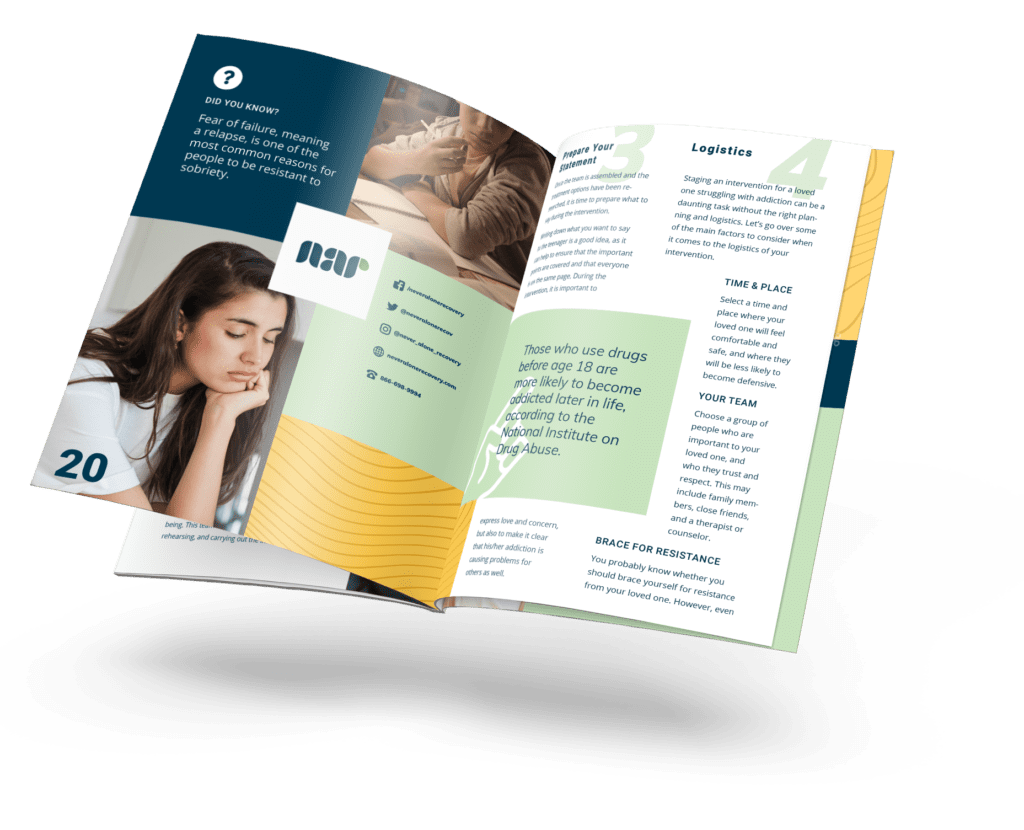Impulse control disorder is a type of mental health condition that involves an inability to resist the urge to engage in behaviors that may be harmful to oneself or others. These behaviors can be related to a variety of substances or activities, such as gambling, shopping, or substance abuse.
People with impulse control disorder may have trouble controlling their urges, even when they recognize the potential consequences of their actions. They may engage in these behaviors excessively, leading to problems in their personal or professional lives.
There are several different types of impulse control disorders, including:
- Gambling disorder: The inability to resist the urge to gamble, leading to problems with finances and relationships.
- Pyromania: The obsession with starting fires, which can be dangerous and illegal.
- Kleptomania: An inability to resist the urge to steal, even when the individual can afford to purchase the item.
- Intermittent explosive disorder: A pattern of extreme and impulsive anger, which may manifest as physical or verbal outbursts.
- Substance use disorder: The inability to control the amount of alcohol or drugs consumed, potentially leading to psychological, physical, financial, social, and legal consequences.
Signs of Impulse Control Disorder
Impulse control disorders (ICD) are a group of mental health conditions characterized by a persistent pattern of impulsivity, or the inability to resist the urge to engage in impulsive behaviors. These disorders can manifest in many different ways, but they all involve an inability to control impulses, which can lead to significant problems in a person's life.
According to the National Institute on Mental Health (NIMH), about 3.5 percent of American adults have some form of impulse control disorder.
Some of the most common signs of ICD include:
- Inability to resist temptation: People with ICD have a hard time resisting temptations, even if they know that the impulse is harmful. They may engage in behaviors such as substance abuse, binge eating, or gambling, despite knowing that these behaviors are destructive.
- Risky behaviors: Impulsive individuals may engage in risky behaviors such as reckless driving, unprotected sex, or other activities that could lead to injury or harm.
- Difficulty planning ahead: People with ICD may have difficulty planning for the future and may make impulsive decisions without considering the consequences.
- Anger problems: Individuals with ICD may have difficulty controlling their anger and may fly into rages easily.
- Difficulty completing tasks: People with ICD may find it difficult to complete tasks, as they may be easily distracted by impulsive thoughts or behaviors.
- Difficulty in social interactions: Impulsive individuals may have difficulty maintaining healthy relationships, as their impulsivity may lead to hurtful or erratic behavior.
- Chronic feelings of emptiness or boredom: People with ICD may feel a sense of emptiness or boredom, which they may try to fill with impulsive behaviors.
It's important to note that many people may have occasional impulsive moments or behaviors, but it's not considered a disorder unless it causes significant distress and impairment in social, occupational, or other areas of life. If you or someone you know is struggling with impulsive behaviors, it's important to seek help from a mental health professional. They can help diagnose and treat the condition, and develop strategies for managing impulsive behaviors.
How Impulse Control Disorder is Treated
Effective treatment for ICD typically involves a combination of therapy, medication, and lifestyle changes. The most common forms of therapy for ICD include cognitive-behavioral therapy (CBT) and dialectical behavior therapy (DBT). Both of these therapies focus on helping individuals identify and change problematic thoughts and behaviors, and develop coping mechanisms for dealing with impulsive urges.
Cognitive-behavioral therapy (CBT) has been found to be effective in treating ICD. In a study of adults with ICD, published in the Journal of Consulting and Clinical Psychology, researchers found that after 12 weeks of CBT treatment, individuals with ICD had significantly reduced symptoms of impulsivity compared to those who received no treatment.
Dialectical behavior therapy (DBT) is also a widely used treatment for ICD, particularly for those with borderline personality disorder. A study published in the Journal of Clinical Psychology found that after a year of DBT treatment, individuals with ICD had significant reductions in impulsive behaviors, such as substance abuse and self-harm.
Medication can also be an effective treatment for ICD. Antidepressant medications, particularly selective serotonin reuptake inhibitors (SSRIs), have been found to be effective in treating ICD. A study published in the Journal of Clinical Psychiatry found that SSRIs were effective in reducing symptoms of impulsivity in adults with ICD.
In addition to therapy and medication, lifestyle changes can also be an important aspect of treatment for ICD. This can include things like regular exercise, healthy eating, and stress management techniques. These changes can help individuals with ICD develop healthier coping mechanisms for dealing with impulsive urges.
It's important to note that treatment for ICD is tailored to the individual, and what works for one person may not work for another. That's why working closely with a mental health professional is crucial in finding the best treatment plan.
Take Back Your Independence With Never Alone Recovery
Impulse control disorder can have a significant impact on an individual's life, leading to financial, legal, and relationship problems. If you or someone you know is struggling with impulse control disorder, it is important to seek help from a trusted healthcare professional or mental health specialist. With proper treatment, such as therapy or medication, it is possible to manage the condition and regain control of one's behavior.
For more information about substance abuse and recovery, contact Never Alone Recovery today.
impulse control disorder


We're On Medium!
We're sharing the recovery stories of our community members. Be sure to check out Never Alone Recovery on Medium to read those featured stories.
YOU MAY ALSO LIKE...
August 19, 2022
February 24, 2022
November 2, 2023
May 24, 2022
January 24, 2024
DISCUSSION